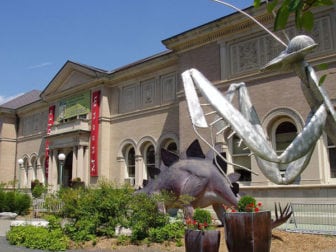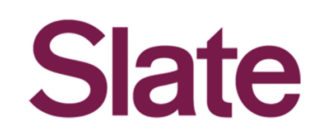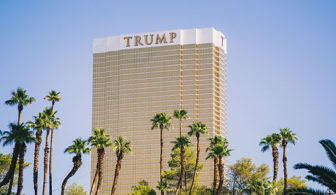September 28, 2011; Source: Roll Call | In order to qualify as a tax-exempt 501(c)(4) nonprofit, the IRS says that an organization “must not be organized for profit and must be operated exclusively to promote social welfare.” To this somewhat tautological definition the IRS helpfully adds,
To be operated exclusively to promote social welfare, an organization must operate primarily to further the common good and general welfare of the people of the community (such as by bringing about civic betterment and social improvements). . . . [A] section 501(c)(4) social welfare organization may further its exempt purposes through lobbying as its primary activity without jeopardizing its exempt status. . . . [A] section 501(c)(4) social welfare organization may engage in some political activities, so long as that is not its primary activity.
Now, given those definitions, do you think that Karl Rove is operating his organization Crossroads GPS “primarily to further the common good and general welfare” rather than as a way to collect and spend money to help elect his favorite politicians? Do you believe that Bill Burton and the other former Obama aides who created Priorities USA are engaged only secondarily in political activities while its primary program is devoted to “civic betterment and social improvements?” If so, are you up for buying a bridge that spans the East River in New York City between Brooklyn and Manhattan?
Two nonprofits, the Campaign Legal Center and Democracy 21, are apparently not in the market for such a span. They have written a 23-page letter asking that the IRS revoke the federal tax exemptions of such 501(c)(4) organizations as Crossroads GPS, Priorities USA, the American Action Network, and Americans Elect. At issue: whether or not the primary activity of these groups is the furtherance of social welfare.
Sign up for our free newsletters
Subscribe to NPQ's newsletters to have our top stories delivered directly to your inbox.
By signing up, you agree to our privacy policy and terms of use, and to receive messages from NPQ and our partners.
Pulling no punches in his analysis was Democracy 21 president Fred Wertheimer: “The idea that these organizations are social welfare groups is nonsense,” Wertheimer said in a statement reported by Roll Call. “The overriding purpose of these groups is to participate in and influence elections, which makes them ineligible for tax-exempt status.”
Why are these organizations choosing to organize as 501(c)(4)s instead of as political organizations under section 527? The most likely explanation is because 527s have to disclose their donors, while “social welfare” 501(c)(4)s, like 501(c)(3) public charities, can keep the sources of their money secret. We have said as much here repeatedly, and Democracy 21 and the Campaign Legal Center agree, writing in their letter to the IRS, “[I]t appears that avoiding disclosure of their donors is the basic reason that these groups organized under 501(c)(4).”
Do you think that Rove’s Crossroads GPS has some sort of hidden social welfare purpose beyond what every sentient person knows is its first and foremost purpose: to elect candidates that Rove supports (and to oppose candidates Rove opposes)? The same goes for Burton’s Priorities USA. The letter to the IRS isn’t news. What is news is why the IRS and the Federal Elections Commission haven’t been more diligent about going after these (c)(4)s that camouflage their intensely political activity behind some inchoate definition of “social welfare.”
The skilled nonprofit lawyers for these (c)(4)s will surely gin up some folderol about their social welfare activities. They’ll say that they don’t specifically endorse candidates. They’ll work in some arcane calculation to show that their political activities are “insubstantial” (defined as comprising no more than 49 percent of their activities). But come on now! This is laughable and everyone knows it. Isn’t it time that the IRS (and the FEC) stop giving these all-but-527s the ability to operate as opaque 501(c)(4)s? Or do NPQNewswire readers worry that the two campaign-finance watchdogs are making arguments that could undermine confidentiality at legitimate 501(c)(3)s?—Rick Cohen













